
Life Cycle Assessment of Light Duty Passenger Vehicles
Comparing environmental impacts of internal combustion enegine, hybrid, plug-in hybrid, and battery electric vehicles throughout their whole lifecycle

Comparing environmental impacts of internal combustion enegine, hybrid, plug-in hybrid, and battery electric vehicles throughout their whole lifecycle
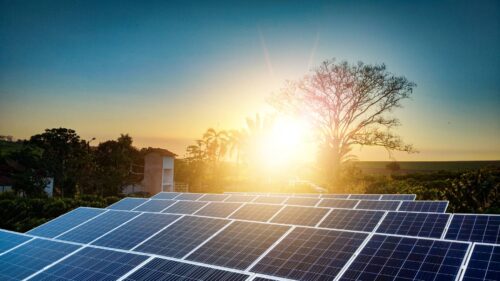
Evaluating technical, economic, and environmental performance of hybrid systems in urban and remote locations in Nigeria
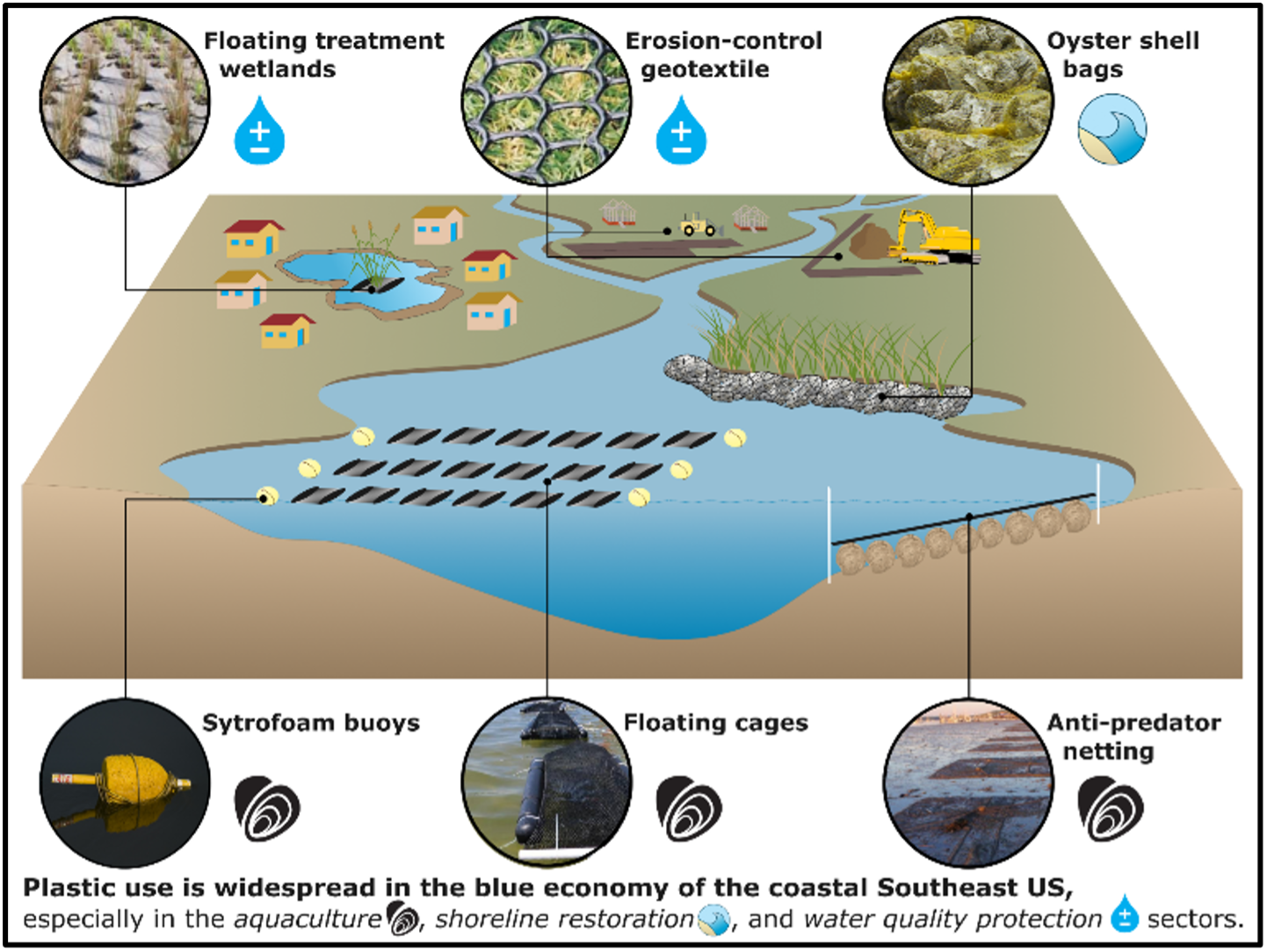
From blue-gray to blue-green: facilitating the transition to non-plastic natural material use within the coastal zone economy
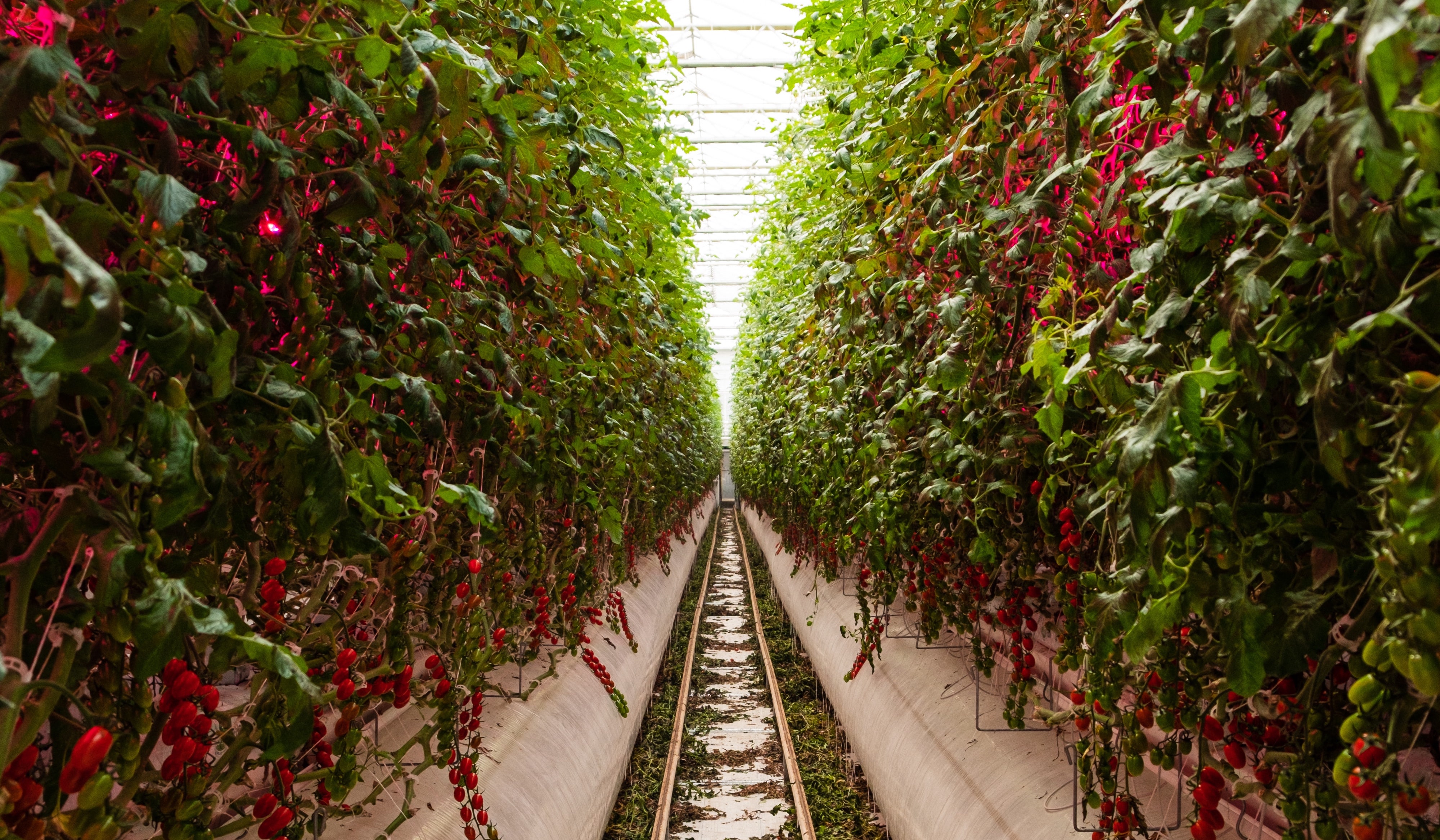
Controlled environment agriculture platform for hydroponic cultivation of salt-tolerant Crops with integrated saline water irrigation and salinity management
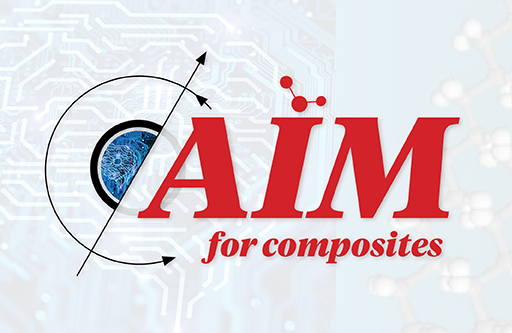
Artificially Intelligent Manufacturing Paradigm for Composites
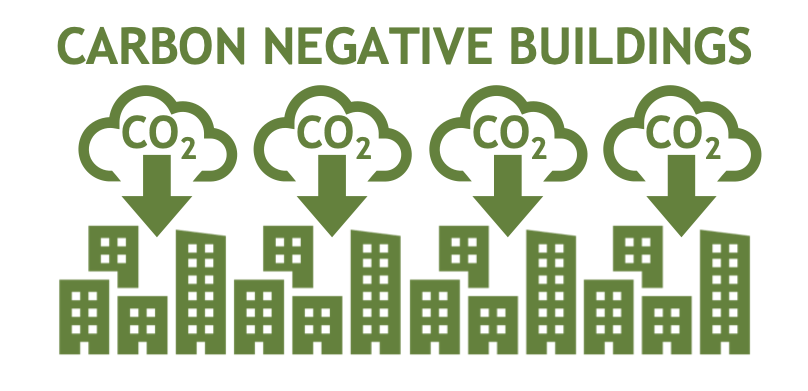
Development of an entirely wood floor system designed for biogenic carbon storage, adaptability, and end-of-life (de/re)construction

An inverse design methodology to fabricate low-cost agile tools for manufacturing lightweight automotive components
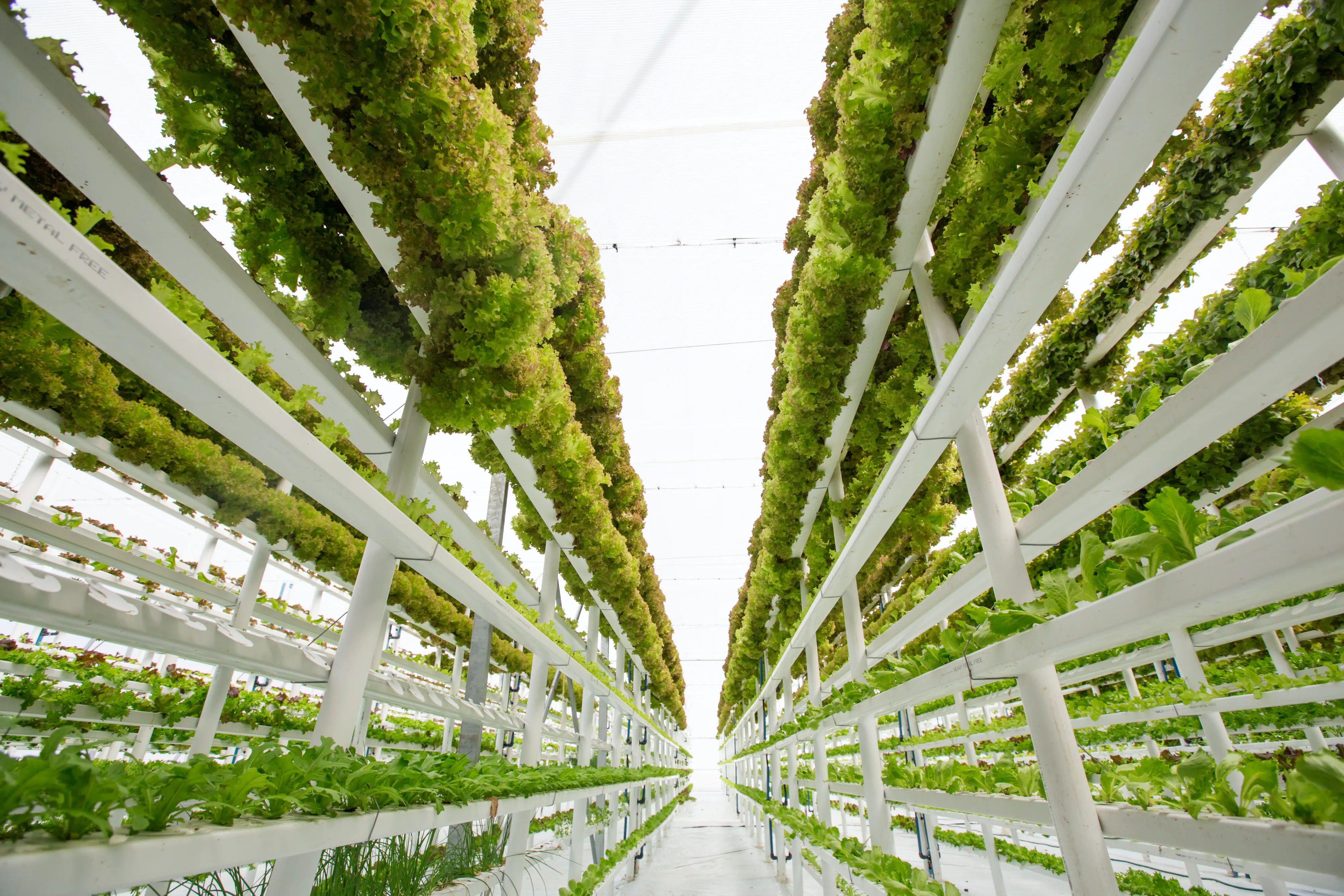
Climate resilient, sustainable food production: controlled environment hydroponic agriculture with novel wastewater treatment & reuse
Coupling Life-Cycle Impact Assessment and Risk Assessment for Sustainability-Informed Decision Making
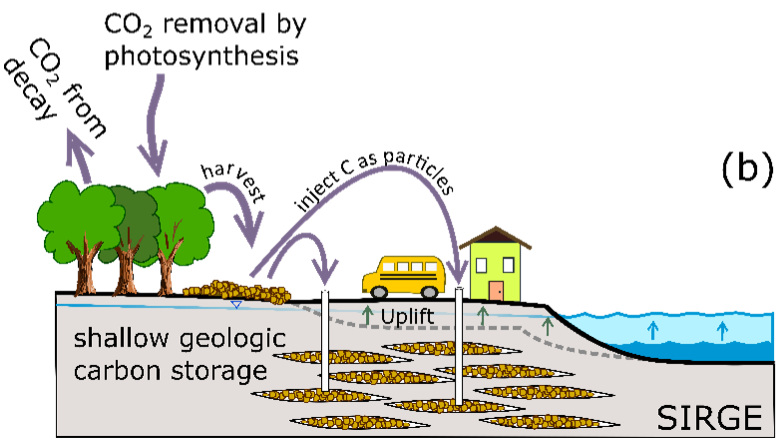
Shallow Geologic Storage of Carbon to Remove Atmospheric CO2 and Reduce Flood Risk
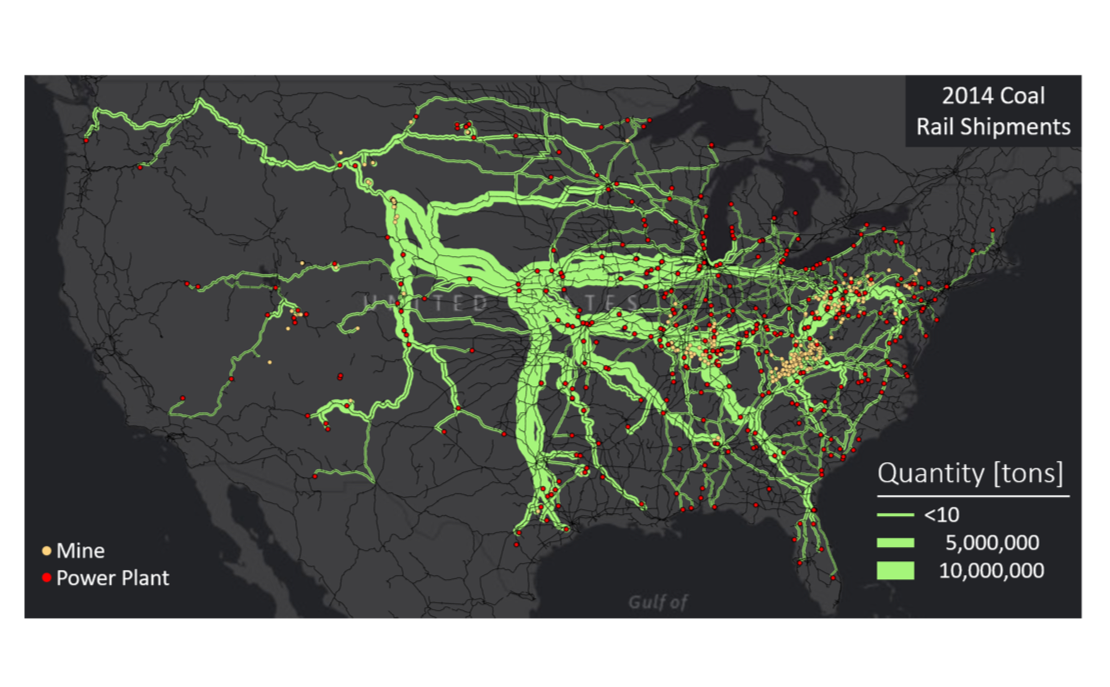
This project explores the environmental impacts of the major modes of coal transportation for electricity generation: rail, barge, and truck.
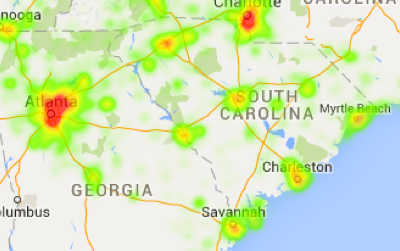
Building an hourly electricity use model for South Carolina and beyond
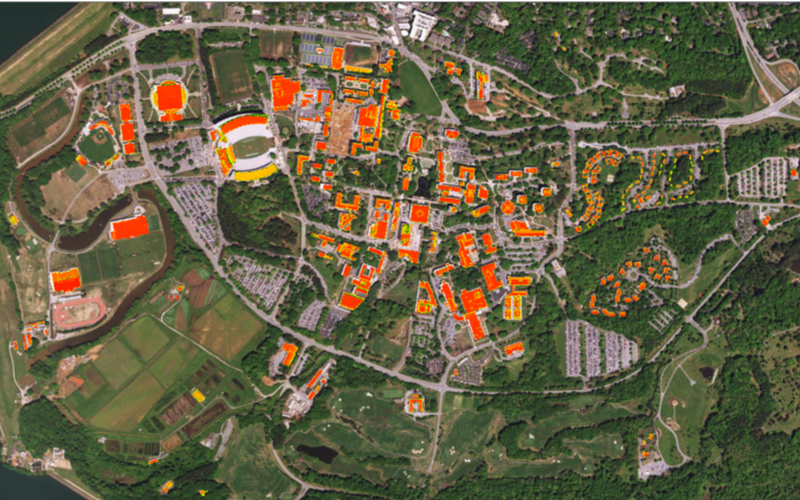
Using Remote sensing to evaluate the potential for rooftop solar photovoltaic (PV) electric capacity across the state.
Meta-analysis and harmonization of energy return on invesment for major energy products at point-of-use
Exploring the trade-offs among turbine power rating, embodied energy and greenhouse gas emissions for a variety of wind technologies.
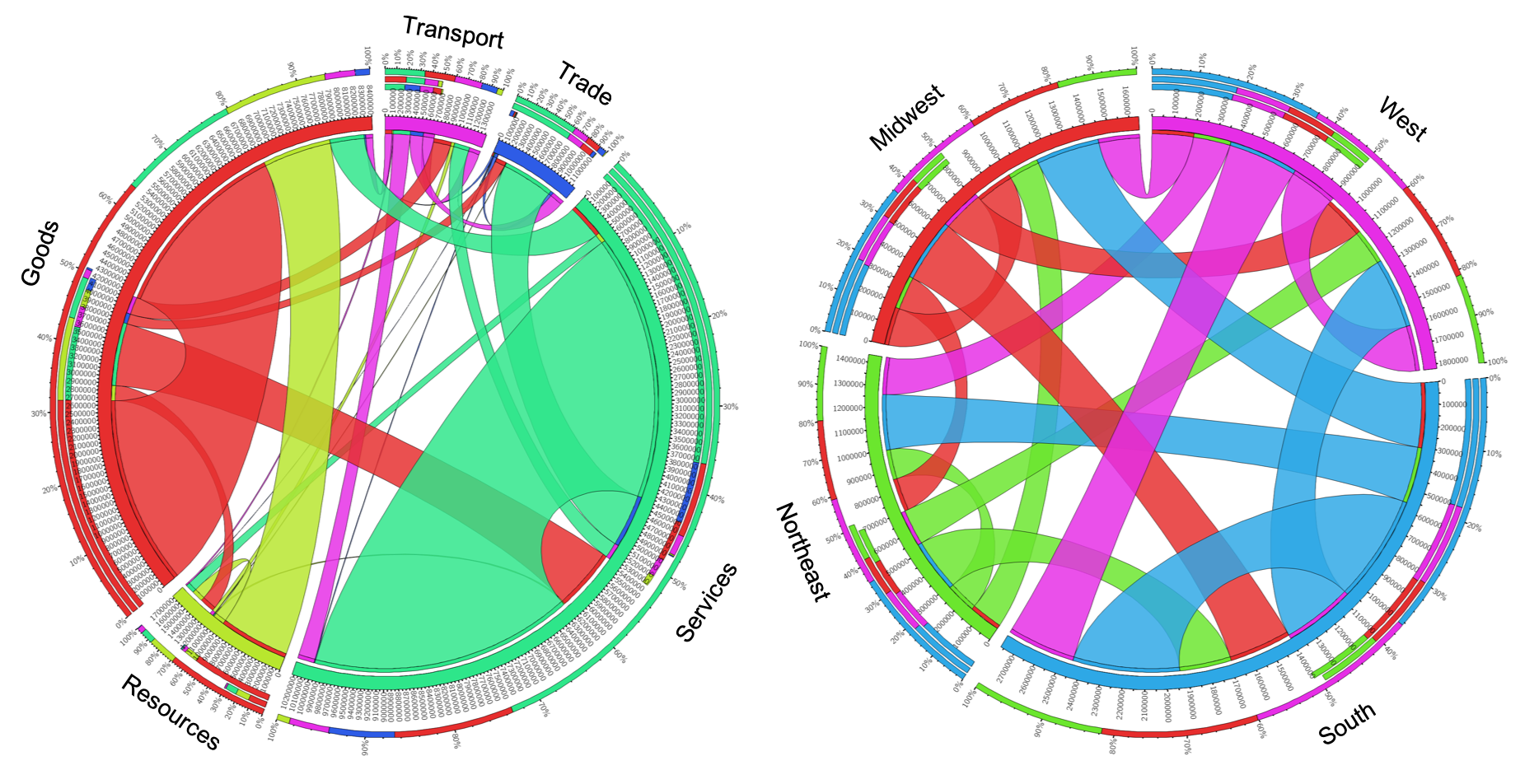
Rapid generation of multi-region, environmentally-extended, input-output (MR-EEIO) models for the US states.

Do we need to send humans into space? What are the environmental impacts from that?
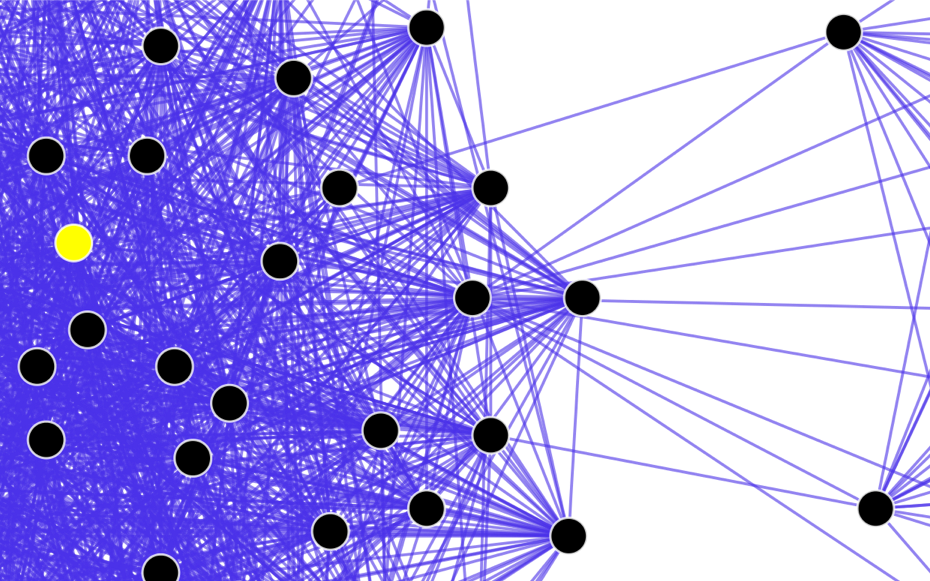
Can humans successfully coordinate a transition from non-renewable to renewable resources in a timely manner?
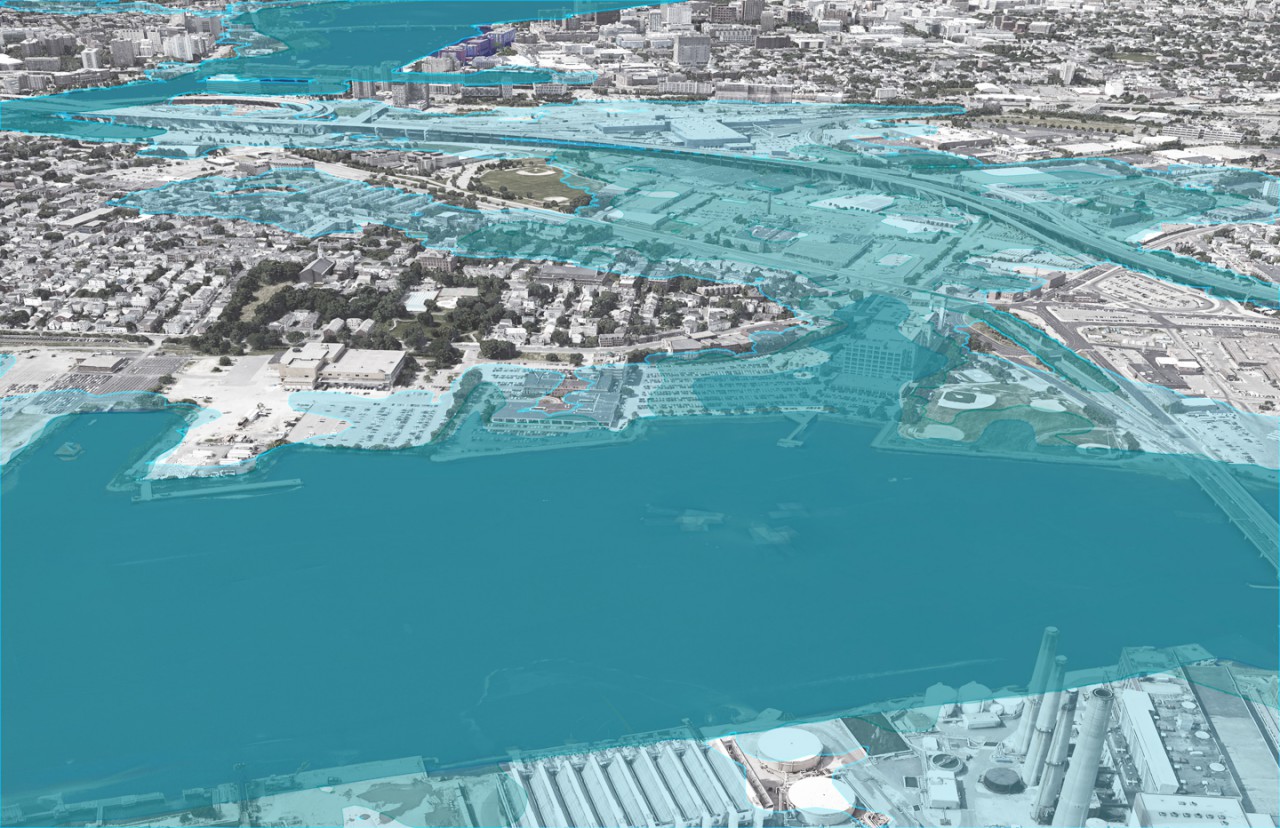
Applying geospatial analysis to explore infrastructure resilience in South Carolina.

Applying the tools of life cycle impact assessment (LCIA) to understand and communicate toxic releases from US industrial facilities.

Building tools to simultaneously evalutate the economic and environmental performance of products and systems.
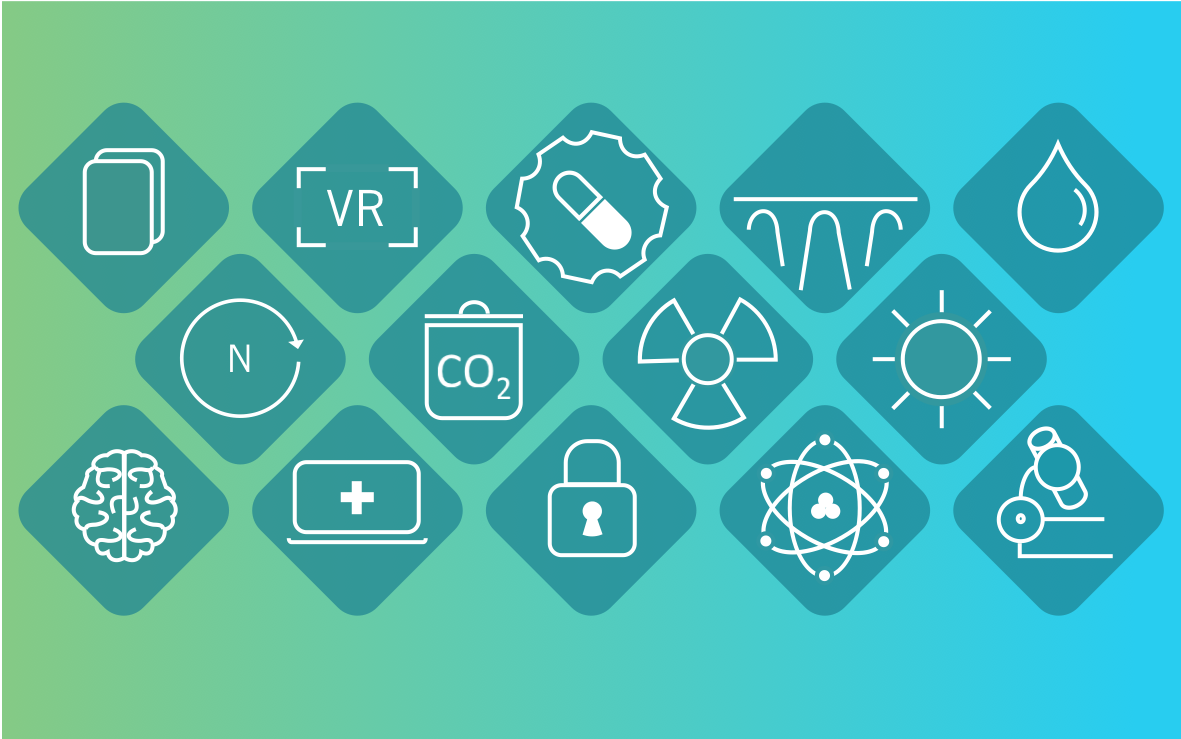
Expanding the domain of life cycle assessment (LCA) beyond already commercialized products to low technology readiness levels (TRL)
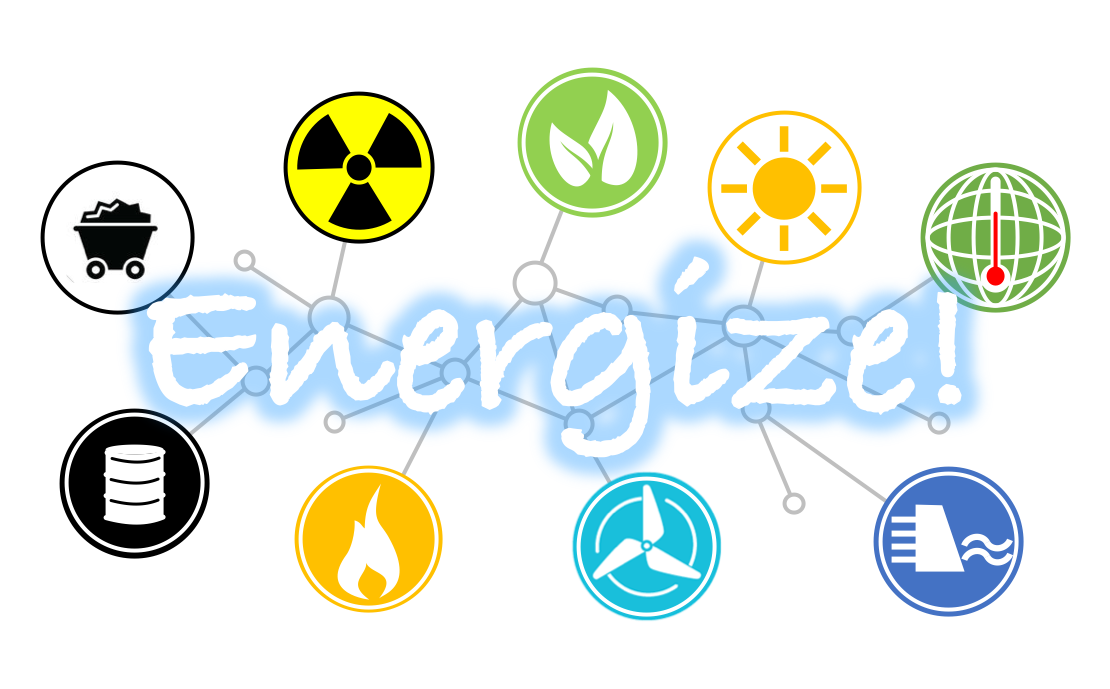
A Serious Game for Energy Learning. Take on the role of CEO of an electric utility.
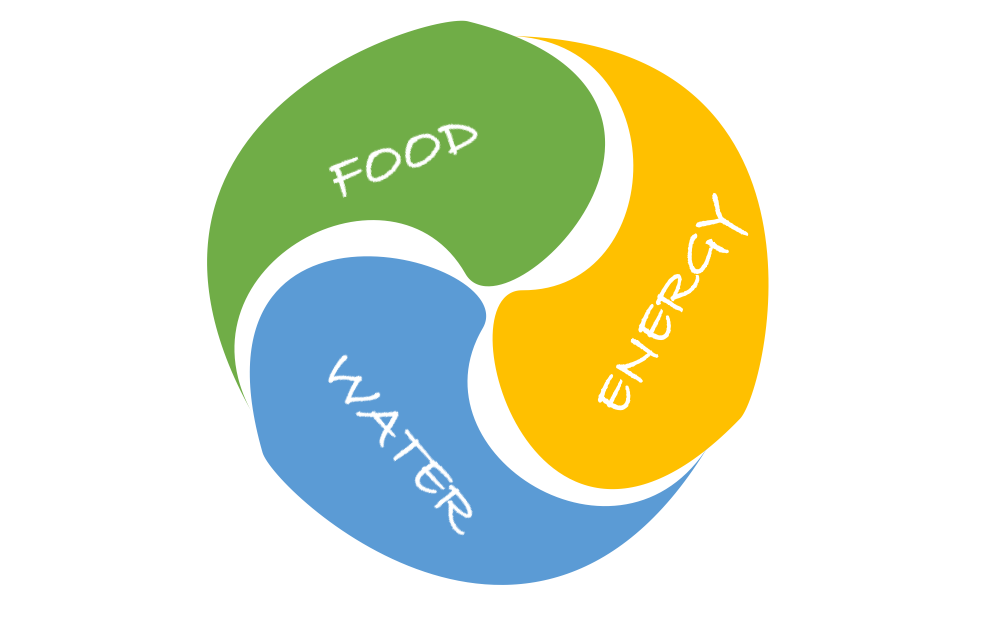
Exploring the interaction of food, energy, and water of US industries and urban areas

Assessing the suitability of South Carolina for utility-scale solar photovoltaics (PV) deployment.
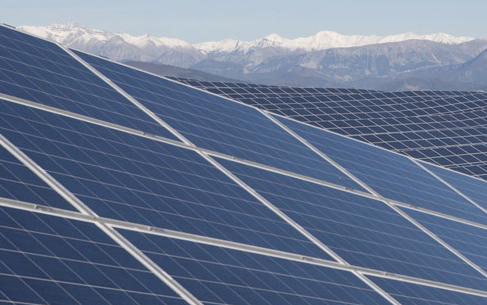
Exploring the trade-offs among efficiency, embodied energy and energy return on investment for a variety of photovoltaic (PV) technologies.

Can human power be used to generated electricity renewably?
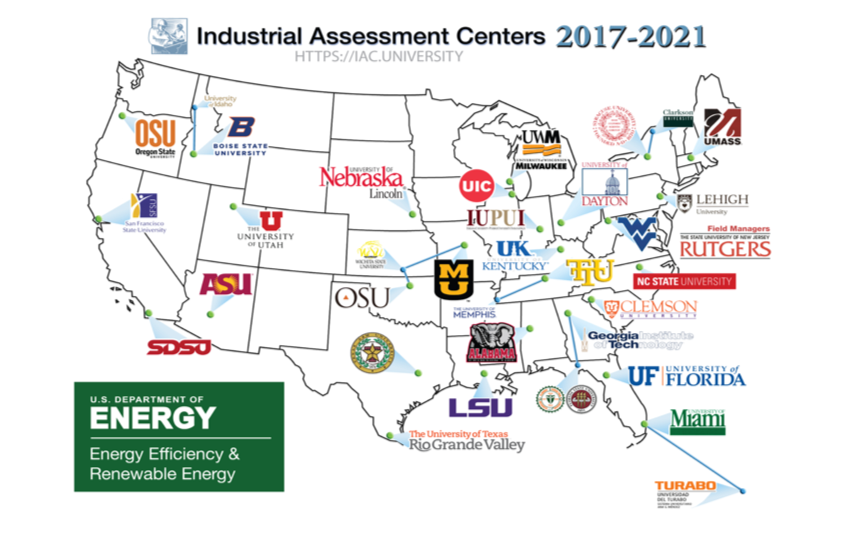
Training the next generation of energy savvy students to provide no-cost energy assessments for small- to medium-sized manufacturers within South Carolina
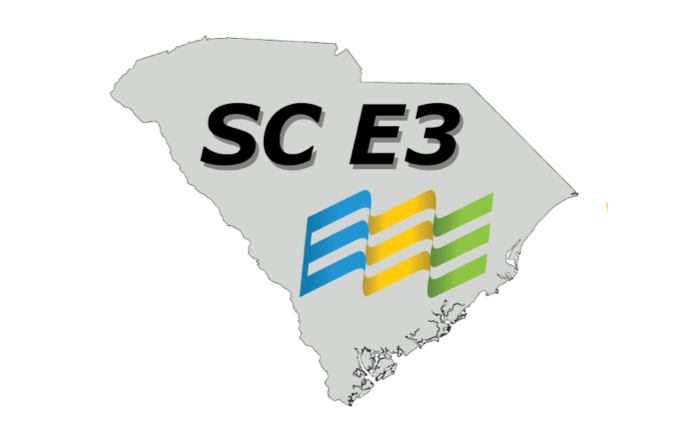
A coordinated federal and local technical assistance initiative that helps communities work with their manufacturing base to adapt and thrive in a new business era focused on sustainability

An innovative way to fund “green” projects on campus
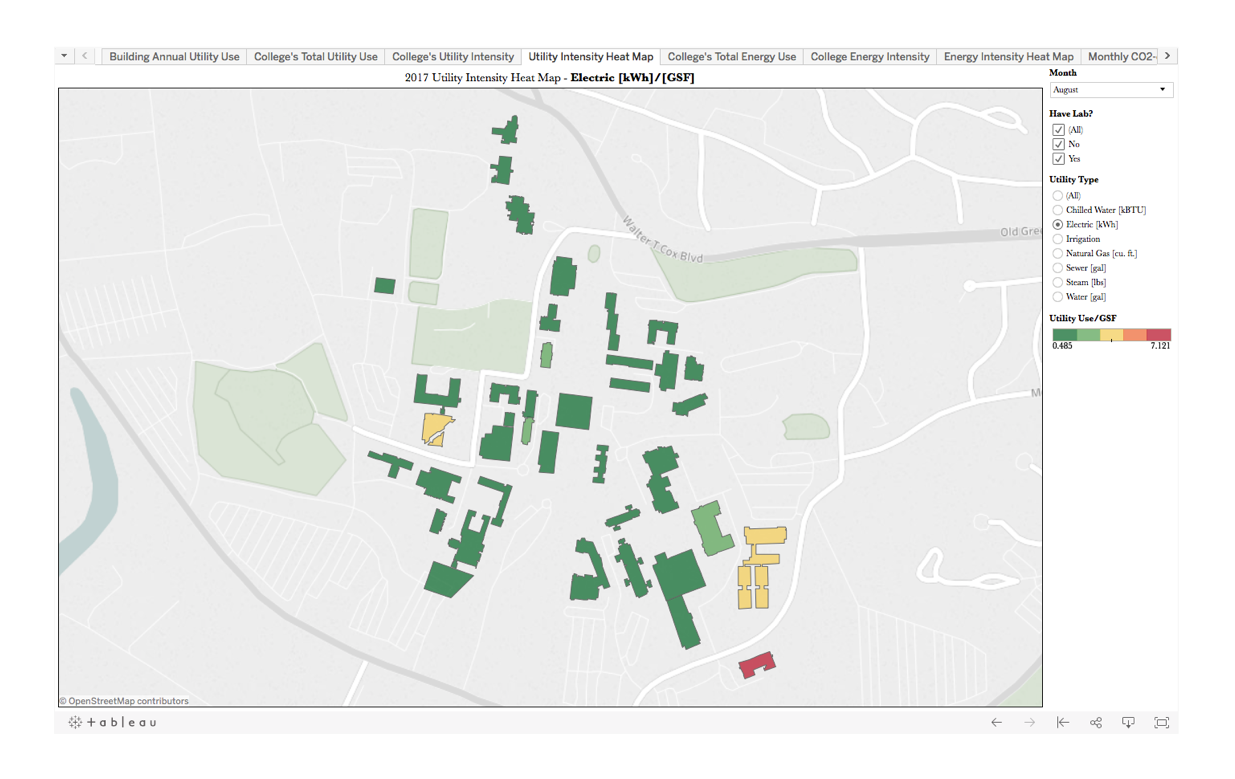
A tool to analysze electric, gas, water, chilled water, sewer and steam utility on Clemson campus

Assessing the climate impact of Clemson's operational activities